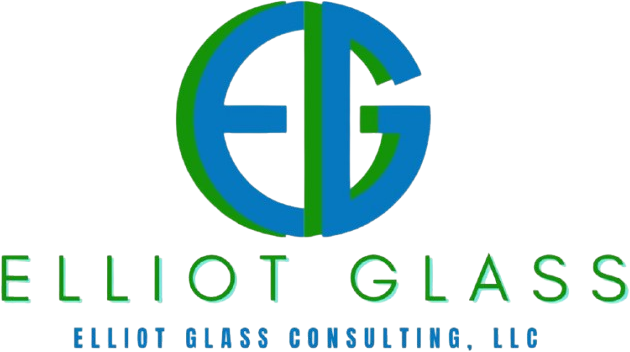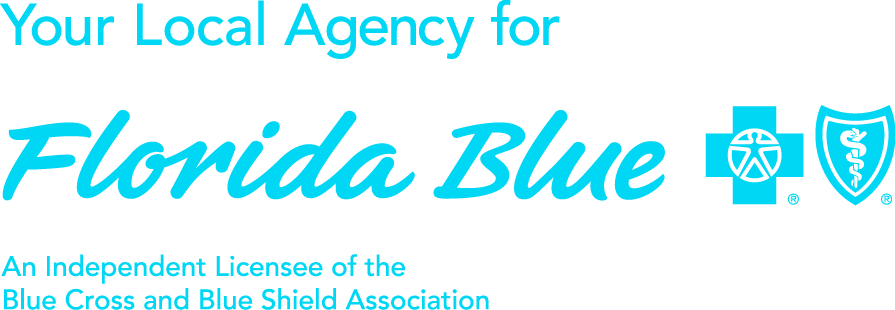Don't overpay for health coverage. Contact Elliot Glass Today...

Find Affordable Healthcare Plans!
Our goal is to streamline your shopping process by quickly providing you with a range of affordable healthcare options. To do that you are connected to licensed agents to search through plans in your area to help you find options that may fit your needs and budget!
Learn More About Medicare Advantage Costs And Enroll In A Plan Today. We're Here To Help You Understand Medicare & Find A Plan That Fits Your Lifestyle. Qualifying for Medicare happens at different times for different people. Make sure you enroll at the correct time to ensure coverage and avoid late fees.
When to Apply
You will be eligible to enroll in Medicare, and will receive your Medicare Benefits card in the mail, approximately a few months before your 65th birthday. Individuals under the age of 65 with certain disabilities or End-Stage Renal Disease can also qualify for Medicare. Before you can enroll in a Medicare Advantage plan, you must sign up for Original Medicare (Parts A and B). You can first enroll in a Medicare Advantage plan during your Initial Enrollment Period (IEP), which is a seven-month time span that includes the three months before the month you turn 65, your birthday month and the three months after your birthday month. If you don’t enroll during your Initial Enrollment Period, you may have to wait to enroll during the General Enrollment Period, which is January 1-March 31 of each year unless you qualify for a Special Enrollment Period. If you enroll later, your premiums could be higher.
Medicare Due to Disability
Just like when you become eligible for Medicare at age 65, when you are eligible with disability, you have an Initial Enrollment Period of 7 months.
Your Initial Enrollment Period will begin after you have received either disability benefits from Social Security for 24 months or certain disability benefits from the Rail Road Retirement Board for 24 months. In other words, your IEP starts on the 25th month of disability benefits.
You will be automatically enrolled in Medicare Part A, but if you decide you want to get a Medicare Advantage (Part C) or Part D prescription drug plan, you will need to enroll yourself directly with the private plan provider. You will need to enroll in Part B during your IEP to avoid alate enrollment penalty.
Special Circumstances: Medicare with ALS (Lou Gehrig’s Disease) or End-Stage Renal Disease (ESRD)
Medicare eligibility rules for people with ALS (Lou Gehrig’s disease) or end-stage renal disease (ESRD) are different. Individuals who qualify for Medicare with ALS or ESRD do not have to wait for your 25th month of disability to be eligible for Medicare.
If you qualify with ALS: You will automatically get Medicare Part A and Part B the month your disability benefits begin.
If you qualify with ESRD:
- For most people, Medicare coverage will start on the 1st day of the 4th month of dialysis treatment.
- If you have an employer group health plan, Medicare will begin on the fourth month of dialysis.
- If you participate in an at-home dialysis training program, your coverage may begin the first month of a regular course of dialysis provided the following are true:
- You participated in training from a Medicare-approved training facility for the first three months of your regular dialysis
- Your doctor expects you to finish training and be able to do your dialysis treatments yourself
Note, according to Medicare in order to qualify with ESRD all of the below must apply:
- Your kidneys no longer work
- You need dialysis regularly or have had a kidney transplant
- One of the following must be true for you:
- You’re already eligible for or are currently getting Social Security or Railroad Retirement Board (RRB) benefits
- You have worked the required amount of time under Social Security, the RRB or as an employee of the government
- You are either the spouse or dependent child of someone who meets either of the above requirements
For further information related to ALS and Medicare, visit www.als.org.
For further information related to ESRD and Medicare, visit www.medicare.gov.
General Enrollment Period
You may use the General Enrollment Period (GEP) to enroll in Medicare Part A, Part B or both if you miss your IEP. The GEP happens every year from January 1 to March 31. If you have Medicare Part A, and enroll in Medicare Part B during the Part B General Enrollment Period you may choose to join a Medicare Advantage plan or a prescription drug plan from April 1 to June 30 the same year.
If you have to pay a Part A premium and enroll in Part B for the first time during the General Enrollment Period, you can also join a Medicare Advantage plan from April 1 – June 30. Your coverage will begin on July 1.
Late Enrollment Penalties
It’s important to know your enrollment dates and to enroll on time. The following penalties could apply if you don’t, unless you qualify for a SEP or another exception.
-
Part A: People who pay a premium (most don’t) could pay an additional 10% of the premium amount. The penalty is charged every month for twice the number of years enrollment was delayed.
-
Part B: You could pay an additional 10% of the premium amount for each full 12-month period enrollment is delayed. The penalty is charged every month for as long as you have Part B.
-
Part D: You could pay an additional 1% of the average Part D premium for each month you delay enrollment. The penalty is charged every month for as long as you’re enrolled in Part D.
-
Medicare Supplement Insurance: You could be denied coverage or charged a higher premium based on your health history.
Working Beyond 65
If you turn 65 but continue to work, you have options:
-
There is still a Medicare Initial Enrollment Period (IEP) when you turn 65. You may choose to enroll in Part A during this time. As long as you or your spouse worked and paid Medicare taxes for at least 10 years, it’s still premium free.
-
In this scenario, Centers for Medicare & Medicaid Services (CMS) doesn’t notify you about your IEP unless you currently get Social Security or Railroad Retirement Board benefits so you have to be proactive and enroll in Medicare yourself.
-
You may qualify for a Medicare Special Enrollment Period (SEP) that allows you to delay enrolling in Part B and Part D without incurring late enrollment penalties but you will need to get confirmation of creditable coverage from your employer.
-
If you’re covered by your working spouse’s employer health insurance plan, and you are 65 or older, you may qualify for a Medicare Special Enrollment Period when your spouse’s employer insurance ends. Same-sex spouses included.
Do I need to enroll each year?
Your plan renews automatically each year as long as you pay the premium and the plan is still available where you live. You don’t have to do anything to continue your coverage, but make sure that the plan is meeting your needs.
Ready to view plans? Enter your zip code to shop plans and enroll today. Protect Your Health and Grow Your Wealth with Elliot Glass Insurance. www.elliotglassinsurance.com
Shop Medicare Advantage, Medicare Supplement Insurance, Part D Plans

Florida
 (954) 637-3750
(954) 637-3750 elliotglassinsurance.com
elliotglassinsurance.com
Open Enrollment and Obamacare in Florida
The Open Enrollment period for Obamacare starts November 1st 2022 and ends on December 15th 2022. During Open Enrollment, you can sign up for affordable health care plan options that may be available through the Health Insurance Marketplace. Outside of Open Enrollment, you typically must qualify for a special enrollment period in order to enroll. Find out more by going to www.elliotglassinsurance.com or speaking to a licensed agent.
‹ Back




 Elliot Glass has been a leader in the insurance industry since 2012. His experience and reputation enable him to best serve his valued clients by understanding their individual needs and offering common-sense solutions. This process saves time, money and provides peace of mind for you and your family.
Elliot Glass has been a leader in the insurance industry since 2012. His experience and reputation enable him to best serve his valued clients by understanding their individual needs and offering common-sense solutions. This process saves time, money and provides peace of mind for you and your family.